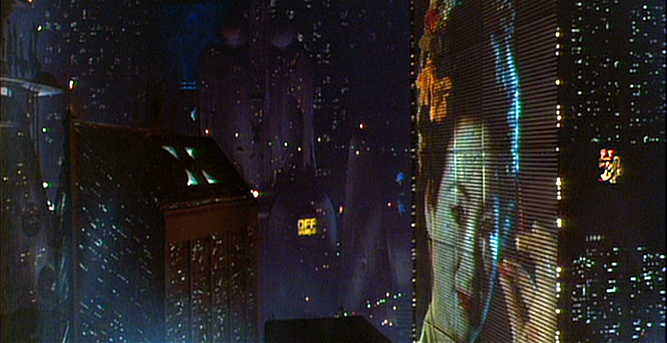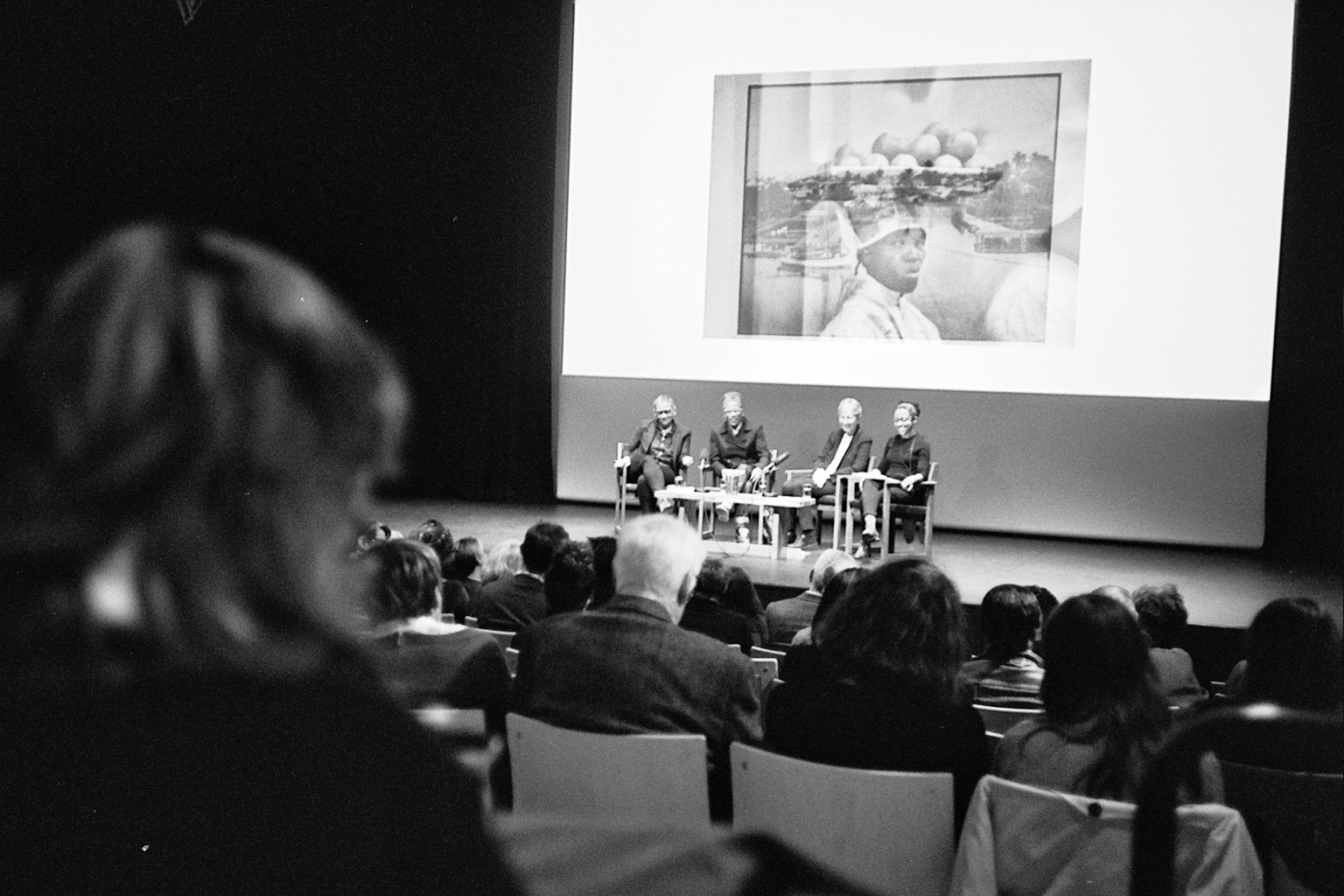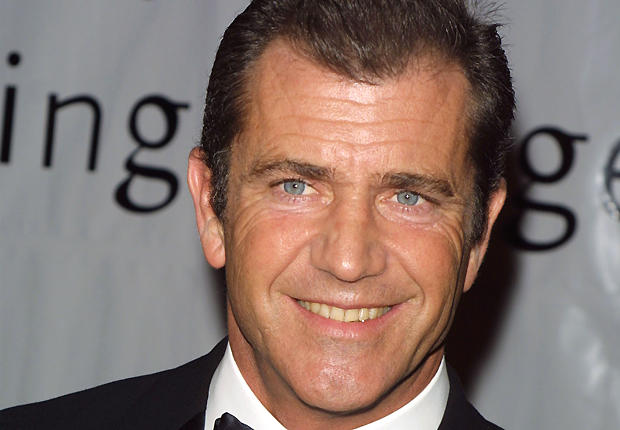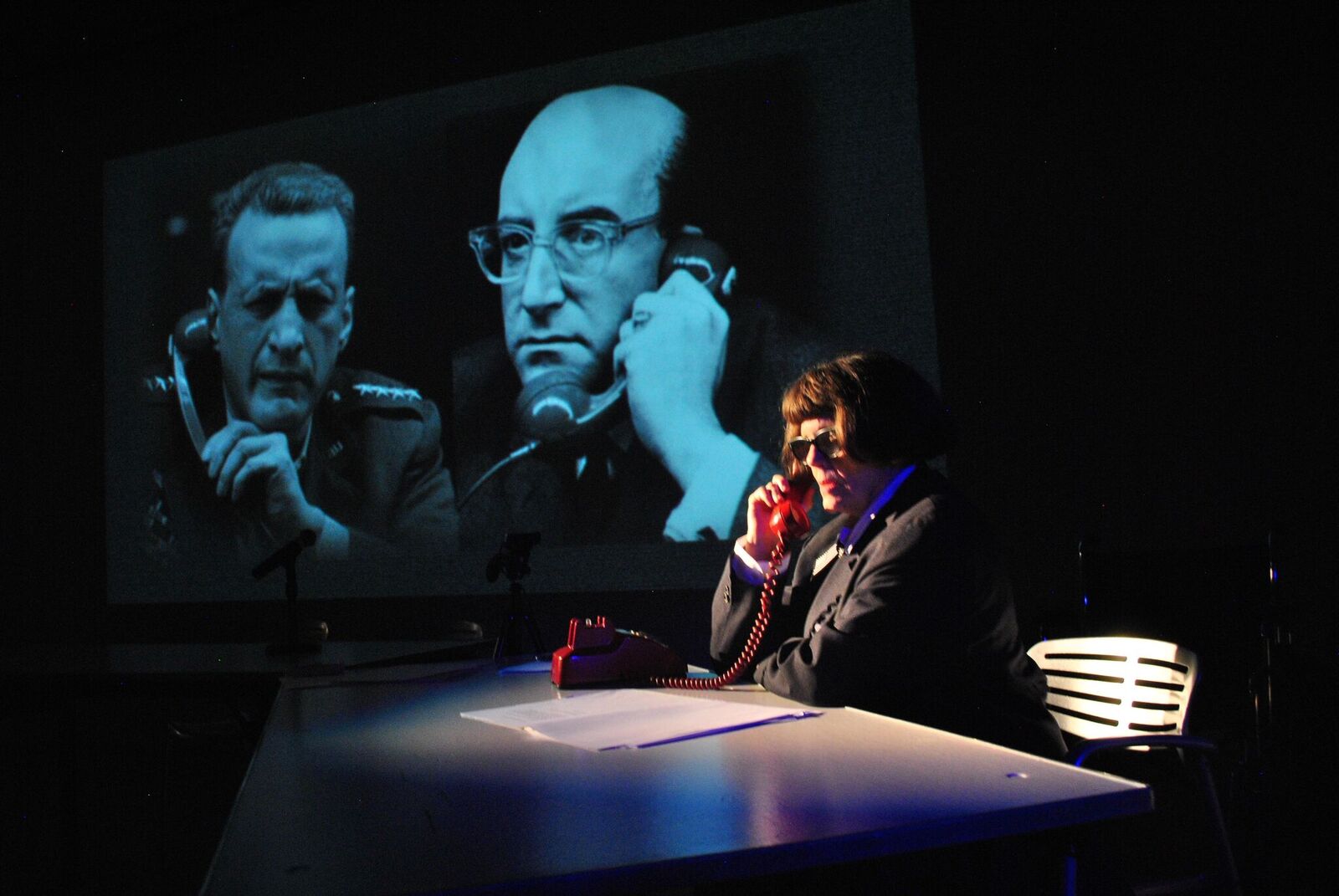Science fiction, at its best, should be intellectual, philosophical and innovative. It should be creative, but also reflective of our own reality. Denis Villeneuve’s Blade Runner 2049 is paradoxical in its idealism and cynicism; it maintains a critical glare at humanity while it plays on our greatest fears as a society, but provides us with parallel emotional and physical comforts to relieve our distress. Much like its groundbreaking predecessor of 1982 (directed by Ridley Scott, applauded in its era for strong visual effects and successful blending of futuristic sci-fi dystopia with nostalgic film-noir) Blade Runner 2049 seamlessly blends past, present and future into its composition, effectively and convincingly constructing another universe on screen that is utterly sublime and with indescribable scope.
As soon as the feature begins, the audience is transported by the otherworldly score, from industry giants Zimmer and Wallfisch, which flirts with the sinister ambient elements of Vangelis’ soundtrack to the original Blade Runner but ultimately creates something darker, deeper and more powerful. Zimmer and Wallfisch bring something completely unparalleled in mood and tone, which is a feat for an electronic score. The pace is kept steady and controlled, but the sound swells, slows and dominates ears in an instant, serving to remind the audience that the creators are in control.
The cinematography is outstanding; in every second of run time it feels as though you are seeing something for the very first time, be it through CGI or otherwise. The sumptuous colour palette, the brutalist architecture – the sheer enormity of the landscapes constructed – provide the basis for a perfectly orchestrated screenplay. The success of the visual effects in Blade Runner 2049 is titanic, and its CGI is likely to set a precedent for the standard of virtual cinematography for years to come.
Performances from lead actors fit ideally into the constructed world, Gosling’s effortlessly subtle restraint and nuance being key to carrying the film. Dialogues are minimal and spaced, but are characteristically pensive and captivating when occurring. There is so much heart in the film, just as there is suffering, but it does not plead with the audience through ham sentimentalism.
Distinguished, elegant and completely mesmeric, Blade Runner 2049 feels like a vital turning point in contemporary cinema. As if it were not unusual enough to be brought something new, being spellbound by a “sequel” is so incredibly unexpected. However, unlike most follow-ups Villeneuve’s feature will be able stand alone as a demonstration of masterful and inspiring filmmaking. Blade Runner 2049 is stunning, in each and every way, and is best seen on the big screen, where visuals and sound are as they should be. A perfect ten.





